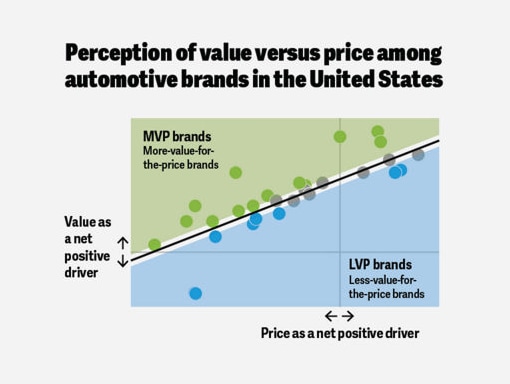Vehicle electrification
Data from the 2026 study indicates that demand for battery electric vehicles remains steady but cautious, while the appeal of hybrids continues to strengthen as consumers balance affordability, charging access, and everyday practicality.
Preference for engine type in next vehicle
Respondents were asked to select one option
KEY TAKEAWAY
Respondents in some global markets continue to steer away from all-battery electric vehicles in favor of internal combustion engines and hybrids, which could be due, in part, to lingering affordability concerns.
Filters
Choose data to filter
Spending Categories
SELECTED FILTERS
Note
Aggregated survey data for the Chinese market may not fully align with the country’s definition of “new energy vehicles,” as respondents may have misinterpreted the available answer options for alternative fuel powertrains—particularly owners of extended-range hybrids, since the question lacked a corresponding answer option.
Preferred price ranges for next vehicle
Respondents were asked to indicate what they would expect to pay after any discounts or incentives, but before taxes, registration, or other fees
KEY TAKEAWAY
Affordability remains a major issue for respondents in many markets around the world.
Filters
Choose data to filter
Spending Categories
SELECTED FILTERS
Note
Survey data for China skews toward more affluent, urban consumers located in larger cities, which may result in higher-than-average price expectations for a consumer’s next vehicle.
Preferred charging locations for EVs
Respondents were asked to select one option
KEY TAKEAWAY
A majority of global survey respondents who intend to acquire a battery electric vehicle or plug-in hybrid electric vehicle as their next vehicle expect to charge it at home, suggesting an opportunity for stakeholders to further refine plans to build public charging infrastructure with a focus on maximizing return on invested capital.
Filters
Choose data to filter
Spending Categories
SELECTED FILTERS
Access to charger at residence
Respondents were asked to select one option
KEY TAKEAWAY
Although a significant number of respondents indicated that they would prefer to charge their battery electric or plug-in hybrid electric vehicles at home, many still do not have access to a charger. This may be a source of concern for buyers that have not accounted for the additional installation cost.
Filters
Choose data to filter
Spending Categories
SELECTED FILTERS
Preferred public charging locations for EVs
Respondents were asked to select one option
KEY TAKEAWAY
Consumers surveyed in most global markets would prefer to charge their EVs at a dedicated charging facility versus other public charging locations, perhaps reflecting a perception that these locations may offer more access to chargers equipped with the latest technology.
Filters
Choose data to filter
Spending Categories
SELECTED FILTERS
Importance of charging cost when choosing public EV charging
KEY TAKEAWAY
Across all markets, the cost of charging is considered an important factor when choosing a public location to charge an EV. This highlights the importance of affordable charging rates for increasingly cost-conscious consumers.
Filters
Choose data to filter
Spending Categories
SELECTED FILTERS
Preferred payment method for public EV charging
Respondents were asked to select one option
KEY TAKEAWAY
Card payments are the most common method for public EV charging across many markets. Smartphone apps lead in China, while QR code-based payments are most preferred in India, reflecting a range of regional differences in digital payment habits.
Filters
Choose data to filter
Spending Categories
SELECTED FILTERS
Top concerns regarding all-battery-powered EVs
Respondents were asked to select all that apply
KEY TAKEAWAY
Respondents in several global markets cited their top concerns as driving range, charging time, lack of public charging infrastructure, and battery-related costs or performance.
Filters
Choose data to filter
Spending Categories
SELECTED FILTERS
Entity responsible for collecting, storing, and recycling EV batteries after their useful lives
Respondents were asked to select one entity
KEY TAKEAWAY
Opinions vary on who should oversee end-of-life EV battery management, with responsibility often assigned to carmakers, dealers, battery producers, and governments, highlighting the lack of clear direction on how this critical piece of the emerging ecosystem will evolve.
Filters
Choose data to filter
Spending Categories



